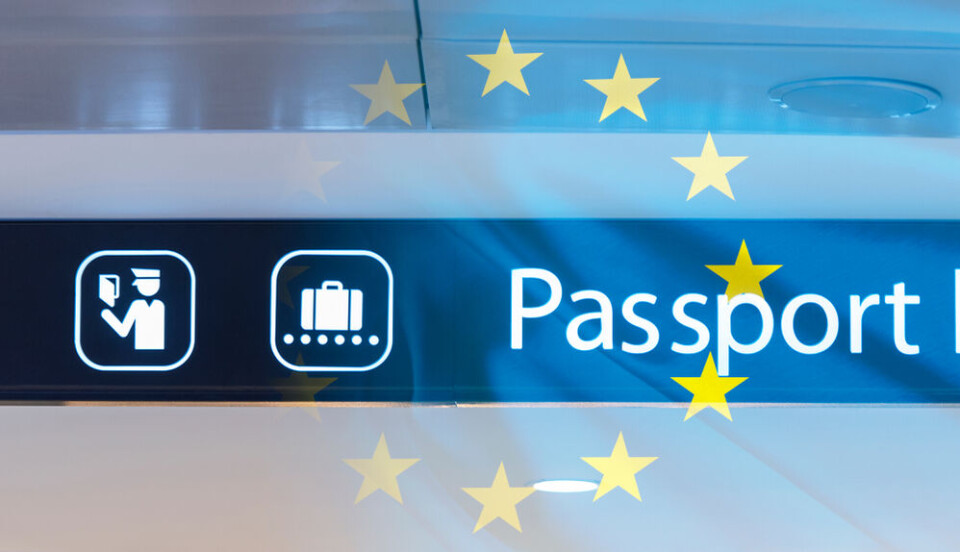-
90/180 days rule: Can visa-free days be used to enter France before start of visa?
Be wary of spending too much time in France or you may be seen as a tax resident
-
French interior minister wants to toughen rules for gaining citizenship
Applicants ‘must meet a certain number of conditions’ he said
-
Obligatory language tests for French residency: Differences between TEF and TCF
We speak to an official language assessment centre about why candidates may prefer the more modern and flexible TEF exam
Will over-70s need Etias travel permission to visit France?
New rules for entering the EU are to be implemented, but the exact date is not yet known

Reader Question: I note that the proposed Etias visa is only required for people aged 18-70. What are the requirements for someone older than 70?
The European Travel Information and Authorization System (Etias) will be implemented in all Schengen-area countries, and will require those entering the bloc to have travel authorisation prior to crossing the border (it is not actually a visa as you wrote - see later).
There have been numerous delays to the implementation of the system – an update on the rollout of Etias, and the closely linked EES (Entry/Exit System) should be made before the end of October.
This includes nationals of non-EU countries including the UK, the US, Canada, Australia, New Zealand and Brazil who do not live in the EU and who do not require visas for short visits (less than 90 days).
Anyone with a long-stay visa for France or a French residency card will be exempt from needing an Etias travel authorisation.
What is Etias?
It is worth pointing out that Etias is not in itself a visa or a residency permit.
The 90/180-day rule will still apply: non-EU/EEA nationals can only stay in the Schengen area for a maximum of 90 days within any rolling 180-day period.
It does not give anyone the right to stay longer or to work or to study in the EU, except for short study programmes. If you wish to stay longer, work or study, you must apply for a visa.
The Etias travel authorisation will be attached to your passport. It will be valid for three years from the date of issue or until your travel document expires, at which point you will need to apply for a new Etias.
The new system is similar to the Esta system in the US and eTa in Australia and Canada. It was set up, among other reasons, in response to terrorist attacks in Belgium and France in an attempt to gather more information and identify individuals who pose a security concern before they travel to European countries.
What are the rules for people 70 or older?
You note that the Etias travel authorisation is only required for people aged between 18 and 70. This is actually not the case.
People younger than 18 and 70 or over will still need to obtain the authorisation - however, they are exempt from the €7 fee, which applies to the other ages, for application.
Family members of EU citizens are also exempt.
Etias is currently not in operation and is not yet accepting applications, and it is expected that the rollout of both Etias and the EES could be pushed back to after the 2024 Olympic Games in Paris, to prevent any border chaos from implementing the new system prior to an influx of travellers.
Most applications are predicted to be processed in minutes but this period could increase to 14 days if additional information is required or 30 days if an interview is deemed necessary. Therefore, it is recommended to deal with your Etias travel authorisation before organising your travel to the EU.
You will need to apply for Etias with a country or countries in mind but once you have received your authorisation, you may change your plans.
Related articles
In what situations can I break EU’s 90/180 day rule?
UK unveils launch price of new visa waiver: when and who is affected?
‘Data kiosks’ to be put at French borders for EU entry checks
























